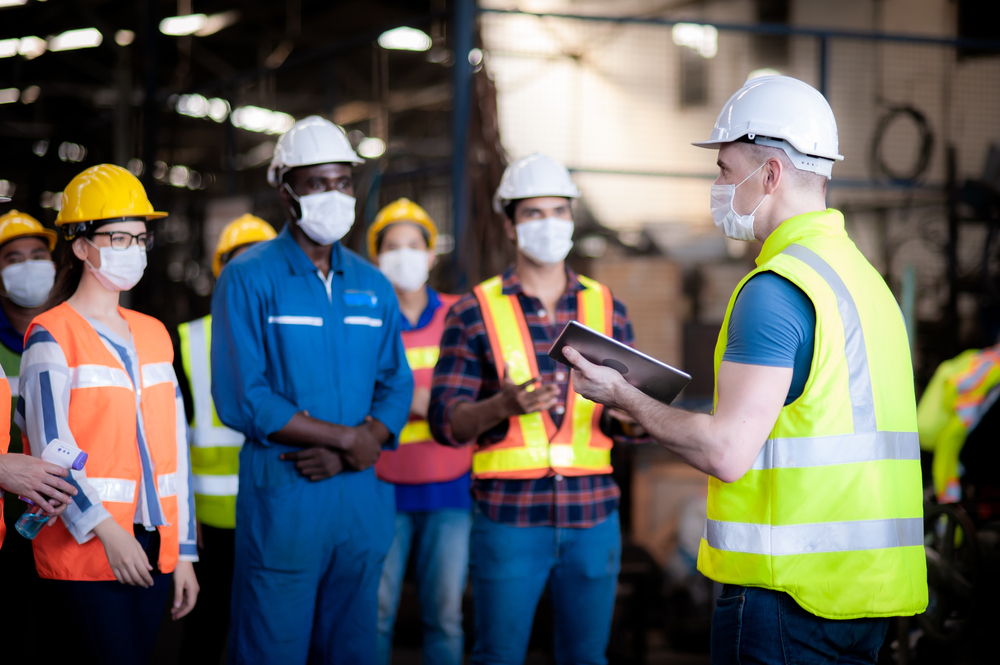As we move further into 2025, the business landscape continues to evolve toward greater efficiency, sustainability, and operational optimization. Among the often-overlooked tools in this transition is the commercial trash compactor—a critical piece of equipment for managing waste in restaurants, retailers, industrial facilities, apartment complexes, and more.
Whether you’re considering buying or leasing a commercial trash compactor, you must weigh multiple factors before committing. This comprehensive guide breaks down what you need to know before you make your investment in 2025.
1. Understanding What a Commercial Trash Compactor Does
A commercial trash compactor compresses waste into a smaller volume, reducing the number of trash pickups required and freeing up space. Unlike household units, commercial compactors are larger, more robust, and designed to handle high-volume waste across various industries.
Key benefits include:
- Reduced waste disposal costs
- Minimized carbon footprint
- Fewer dumpster overflows and pest problems
- Improved workplace cleanliness
Some models are tailored for dry waste (cardboard, plastics, packaging), while others can handle wet or organic materials.
2. Should You Lease or Buy in 2025?
One of the first decisions you’ll face is whether to lease or purchase outright. Both options come with unique pros and cons:
Buying a Commercial Trash Compactor
Pros:
- Full ownership after purchase
- Long-term cost savings
- More freedom for modifications or upgrades
- No contract limitations
Cons:
- Large upfront investment (typically $10,000–$50,000+)
- Maintenance costs are on you
- Depreciation over time
Buying makes sense for businesses with consistent cash flow and long-term facility plans.
Leasing a Commercial Trash Compactor
Pros:
- Lower upfront costs
- Often includes maintenance in lease agreements
- Easier to upgrade or change equipment
- Predictable monthly payments
Cons:
- Total cost may be higher over time
- Bound by lease terms and conditions
- Potential penalties for early termination
Leasing is ideal for businesses with tighter budgets, seasonal fluctuations, or those looking to preserve working capital.
3. Types of Commercial Trash Compactors
Choosing the right type depends heavily on your volume, waste type, and space:
Vertical Compactors
- Great for limited space
- Typically used behind stores, restaurants, or hotels
- Manual loading
Horizontal Compactors
- Suited for high-volume operations like warehouses or distribution centers
- Automated feeding systems available
- Larger footprint, higher cost
Self-Contained Compactors
- Handle wet waste (e.g., food processing or grocery stores)
- Leak-resistant and odor-controlled
- Require scheduled haul-away
Stationary Compactors
- For dry waste like packaging
- Can be connected to chutes or conveyors
- Detachable containers
Pre-Crushers & Specialty Units
- For bulky materials (mattresses, furniture)
- Used in industrial or recycling settings
Understanding your waste stream will help you select the optimal compactor.
4. Key Features to Look For in 2025 Models
Technology is rapidly advancing in waste management, and 2025 models are more feature-rich than ever.
Smart Sensors
Modern compactors now come equipped with IoT-connected sensors that:
- Monitor compactor fullness
- Notify you when it’s time to empty
- Send maintenance alerts
Energy Efficiency
Newer units are optimized for lower energy use, helping reduce electricity bills and environmental impact.
Safety Mechanisms
Look for features like:
- Emergency stop buttons
- Interlock switches
- Automatic shut-offs
Remote Monitoring and Diagnostics
Fleet managers can track multiple compactors across locations using centralized dashboards, especially valuable for franchise operations.
5. Costs to Consider
Beyond the base unit price or lease rate, consider the following additional costs:
- Installation Fees: Electrical work, pad installation, and permits can cost $1,000–$5,000+
- Maintenance and Repairs: Budget for replacement parts and technician visits
- Training: Ensuring staff knows how to operate the equipment safely
- Waste Hauling Contracts: Negotiate based on new compactor usage
Don’t forget to factor in potential rebates or tax deductions, especially under IRS Section 179 for capital equipment.
6. Vendor Considerations
Choosing the right vendor is just as important as choosing the compactor itself. Look for:
- Experience: Do they specialize in commercial trash compactors?
- Warranty & Support: Is there a service agreement? 24/7 support?
- Customization: Can they tailor the unit to your layout and needs?
- Leasing Programs: What are the terms, and who provides maintenance?
Compare quotes from at least 2–3 providers and ask for customer references.
7. Permitting & Compliance in 2025
With growing environmental regulations, ensure compliance with:
- Local zoning codes: Placement, noise, and odor rules
- EPA regulations: Especially for compactors dealing with hazardous or medical waste
- Fire codes and OSHA standards: Safety and spacing requirements
Many municipalities also encourage recycling compaction, so look for government incentives.
8. Environmental Impact & Sustainability Goals
As sustainability becomes a priority, your investment in a commercial trash compactor can contribute directly to your ESG (Environmental, Social, and Governance) goals.
Benefits include:
- Lower CO₂ emissions from reduced hauls
- Improved recycling rates
- Fewer landfill contributions
Many businesses promote this investment in marketing materials, showing customers they’re taking real environmental action.
9. Common Mistakes to Avoid
Before you lease or buy, avoid these costly errors:
- Underestimating Waste Volume: Leads to overflows or excessive pickups
- Ignoring Maintenance Plans: Results in downtime and costly repairs
- Choosing Based on Price Alone: Cheap models may lack durability or support
- Improper Staff Training: Leads to accidents or misuse
- Not Reading the Lease Fine Print: Watch out for early termination fees or restrictive clauses
10. Final Checklist Before You Commit
✔ Have you audited your current waste volume and type?
✔ Did you compare lease vs. buy scenarios for ROI?
✔ Have you evaluated your available space and power requirements?
✔ Did you get multiple vendor quotes?
✔ Are you prepared for future scaling or waste changes?
Conclusion
Leasing or buying a commercial trash compactor in 2025 is more than a simple operational decision—it’s a strategic investment that can lower costs, boost sustainability, and improve workplace cleanliness. With smarter technology, better energy efficiency, and flexible leasing models, there’s never been a better time to consider this upgrade.
Whether you’re a small restaurant trying to cut down on trash runs or a multi-site retailer looking to streamline waste logistics, doing your homework now ensures you won’t be stuck with the wrong equipment—or the wrong terms—later.
Take the time to assess your needs, weigh your options, and partner with the right provider. Your bottom line—and the planet—will thank you.




